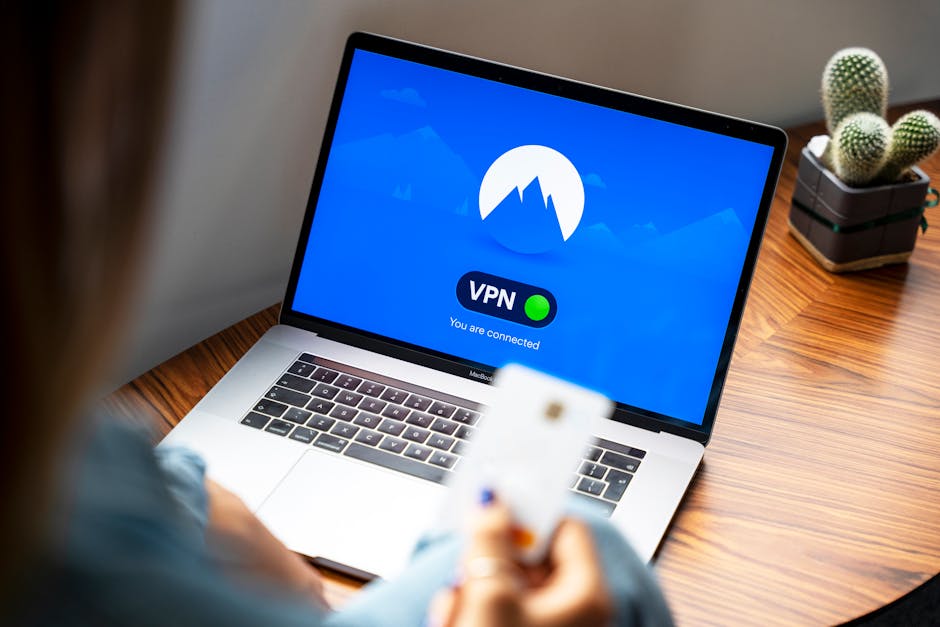How to Optimize Your Internet Connection
Have you ever experienced frustration due to slow internet speeds or constant buffering while trying to stream your favorite show? Optimizing your internet connection can make a significant difference in your online experience. In this article, we will explore simple and practical tips to help you enhance your internet connection.
Understanding Your Internet Connection

Before diving into optimization techniques, it’s essential to have a basic understanding of how your internet connection works. When you connect to the internet, data is transferred between your device and the web through a series of networks and servers.
Think of your internet connection as a highway. The more lanes (bandwidth) you have, the faster the traffic (data) can flow. Factors like bandwidth, latency, and network congestion can impact your internet speed.
Checking Your Internet Speed

The first step in optimizing your internet connection is to determine your current speed. You can use online tools like Speedtest.net to measure your download and upload speeds. Compare the results with the plan you’re paying for with your Internet Service Provider (ISP).
If your actual speeds are significantly lower than what you’re paying for, it’s time to take action to improve your connection.
Optimizing Your Internet Connection

1. Position Your Router Properly
Your Wi-Fi router’s placement can have a significant impact on your internet speed. Position it in a central location in your home, away from walls and obstructions. Avoid placing it near other electronics that could cause interference.
2. Secure Your Wi-Fi Network
Secure your Wi-Fi network with a strong password to prevent unauthorized users from accessing it. This will help avoid bandwidth theft and ensure that your connection is not being shared with others without your knowledge.
3. Update Your Router Firmware
Regularly updating your router’s firmware can improve its performance and security. Check the manufacturer’s website for updates and follow the instructions to ensure your router is running the latest version.
4. Limit Devices on Your Network
Having too many devices connected to your network can slow down your internet speed. Disconnect devices that are not in use or consider upgrading to a router that can handle multiple connections more efficiently.
5. Use Ethernet Instead of Wi-Fi
For tasks that require a stable and fast connection, consider using an Ethernet cable to connect your device directly to the router. This can provide a more reliable connection and faster speeds compared to Wi-Fi.
6. Invest in a Quality Router
If you’re experiencing consistent internet issues, it may be time to upgrade to a more advanced router. A high-quality router can provide better coverage, faster speeds, and improved performance for all your devices.
Conclusion

Optimizing your internet connection doesn’t have to be a complicated process. By following these simple tips and making small adjustments, you can enhance your online experience and enjoy faster speeds for all your internet activities. Remember, a smooth internet connection is just a few steps away!




